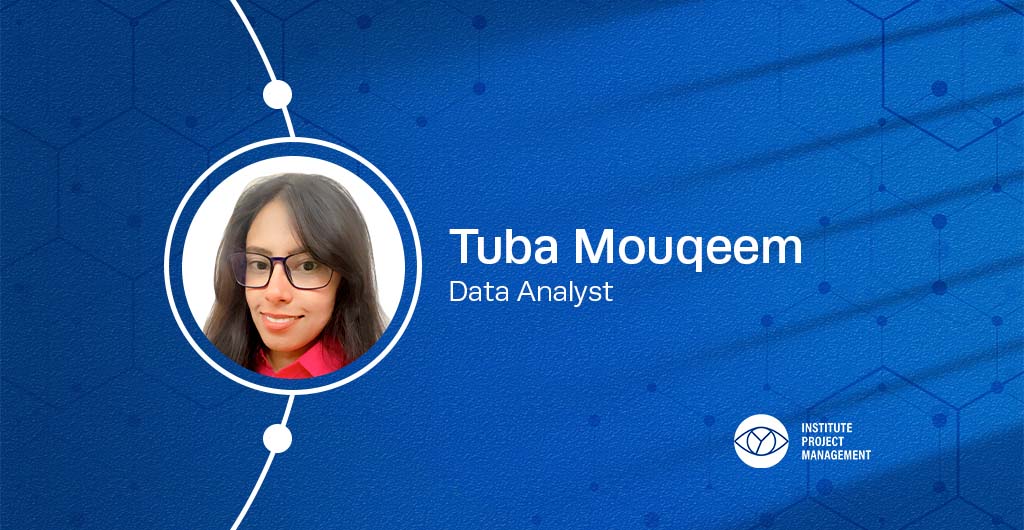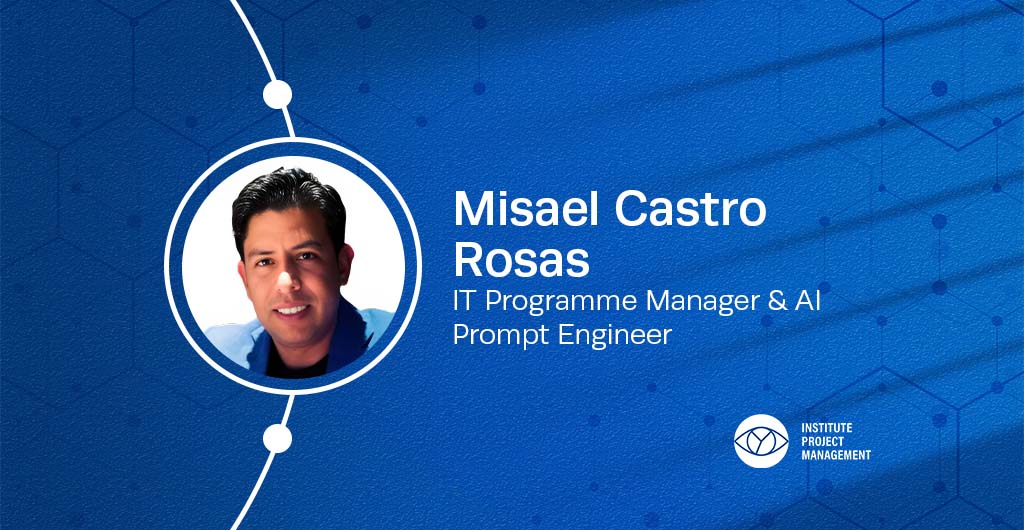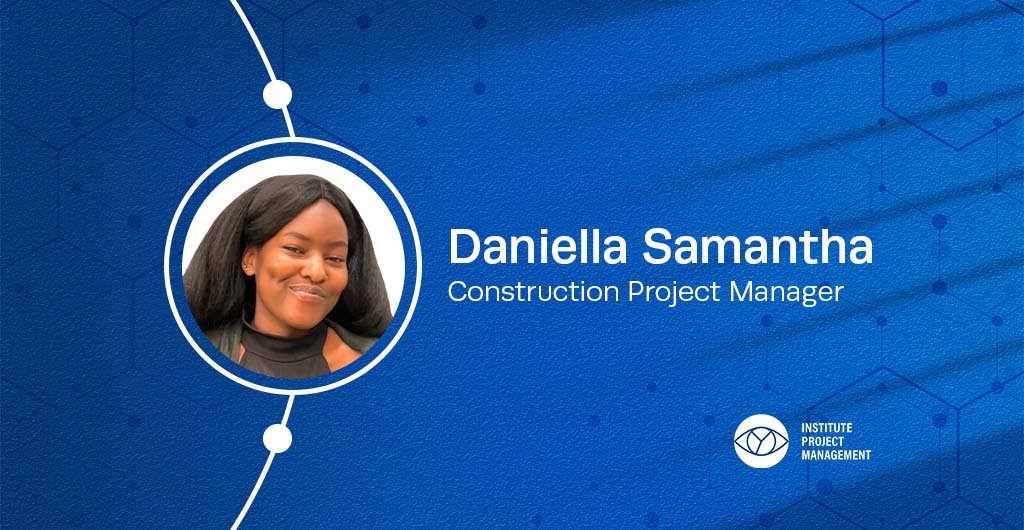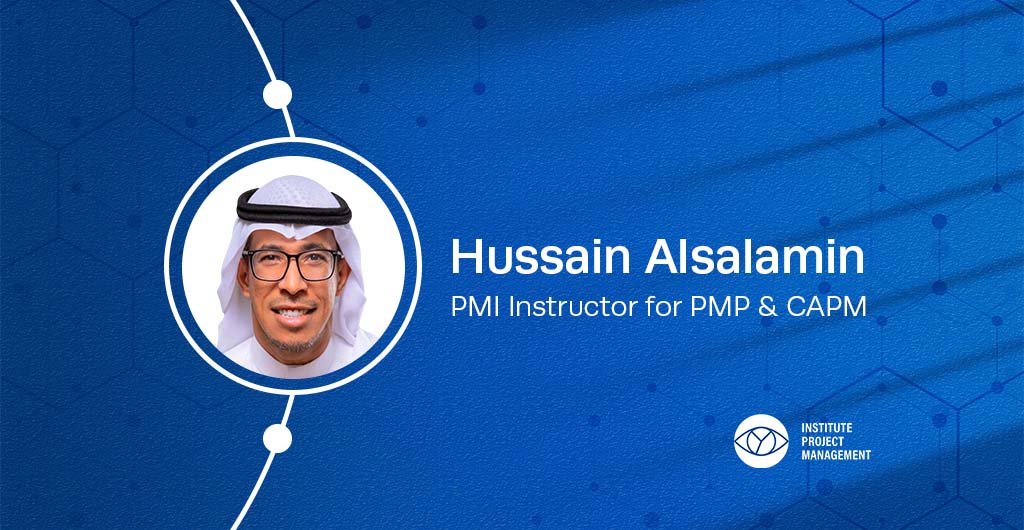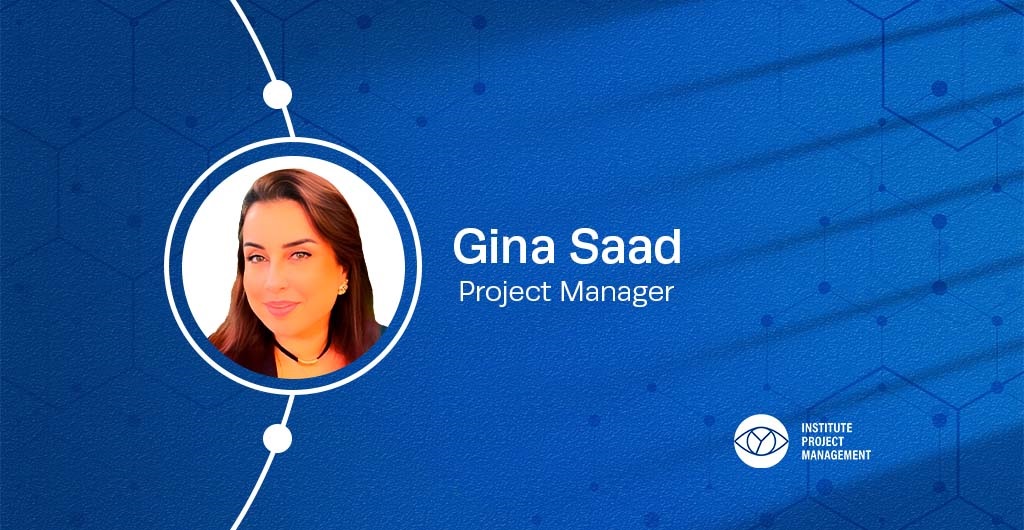Need advice? Call Now, Schedule a Meeting or Contact Us


Speak to an advisor
This article discusses the benefits of embracing a lifelong learning attitude in order to continually advance your project management career.
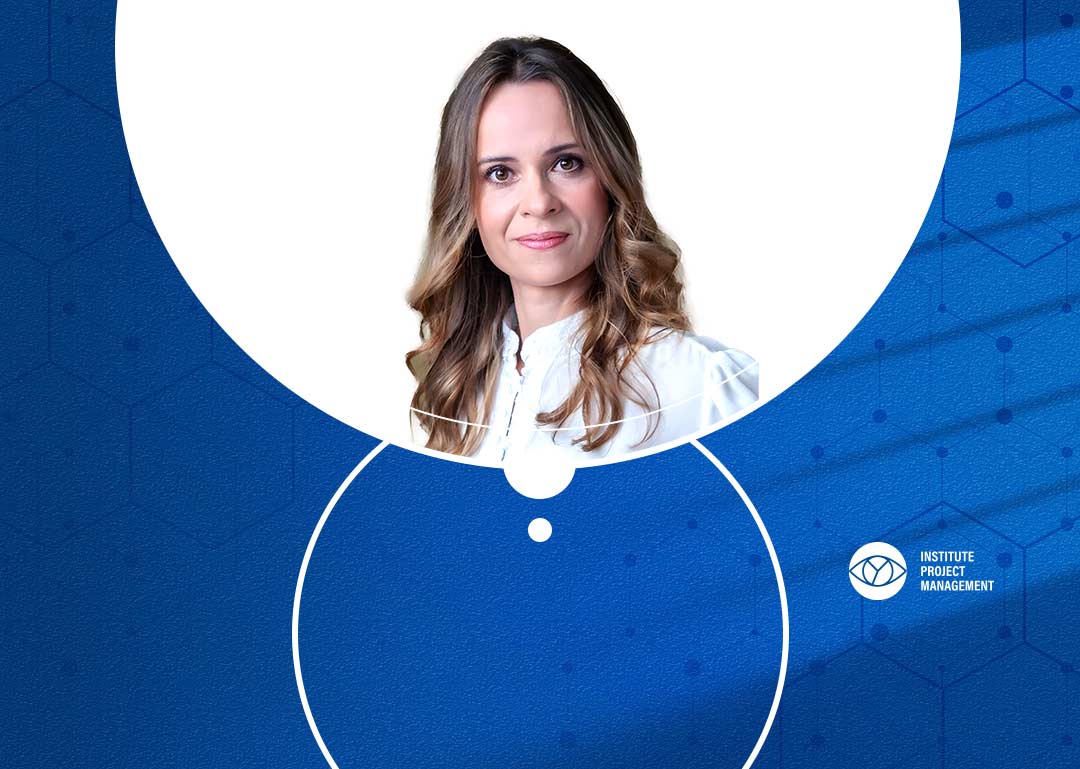
In today's dynamic, knowledge-driven economy, the role of a project manager demands a strong commitment to continuous learning. This approach is essential to adapt to the rapid pace of change and to stay relevant in both their professional career and society at large.
Lifelong learning, a concept embracing the acquisition of knowledge and skills throughout adulthood, transcends the boundaries of formal education and is pivotal in this context.
Moreover, continuous learning serves as a cornerstone of maintaining mental well-being. In his book "Keep Sharp: Build a Better Brain at Any Age," Dr. Sanjay Gupta underscores the significance of mental stimulation as one of the pillars of brain health.
This ongoing learning process not only stimulates cognition but also fuels the creation of new knowledge, fostering creativity, innovation, solution generation, and critical thinking.
In this article, I share insights from my perspective as a lifelong learner and project manager. Ongoing professional development and lifelong learning are imperative as technological advancements and changes in the business landscape reshape project management practices.
In an ever-evolving landscape, the ability to embrace new tools, methodologies, and regulations is key to success.
Lifelong learning ensures the perpetual honing of skills and competencies, rendering project managers more effective in their roles.
In the face of technological advancements and shifting business paradigms, professionals who fail to embrace lifelong learning risk obsolescence, particularly in industries characterised by rapid knowledge turnover, such as technology and medicine.
Staying relevant not only benefits individuals but also contributes significantly to organisational outcomes.
A professional with a diversified and updated skill set is markedly better equipped to navigate complex and challenging projects.
Lifelong learning is inherently driven by personal motivation and curiosity. Individuals proactively seek and acquire knowledge and skills that align with their interests, career aspirations, or personal growth. Importantly, this pursuit extends beyond the realm of professional development.
Individuals can shape their learning objectives through self-assessment, enabling them to identify knowledge gaps crucial for both professional and personal development. These gaps may pertain to one's current role, industry demands, or the exploration of new career avenues.
While exploring professional learning opportunities, it's valuable to consider the contributions of trailblazers like Ikujiro Nonaka and Hirotaka Takeuchi in the realm of organisational learning. Their influential article, "The New New Product Development Game" (a source of inspiration for Scrum), delves into critical aspects of learning within organisational environments. It showcases diverse company cases and discusses the concept of "multi-learning," which encompasses learning across multiple levels (individual, group, and corporate) and functions. Consequently, within this dynamic, distinct learning strategies can be delineated and assessed.
Additionally, in their book, 'The Knowledge-Creating Company: How Japanese Companies Create the Dynamics of Innovation', Nonaka and Takeuchi introduce the concept of the 'Spiral of Knowledge.' This concept elucidates an ongoing process of knowledge creation and sharing within organisations. The core of this spiral underscores the significance of fostering a culture of knowledge exchange and collaboration to drive innovation and nurture the organic growth of knowledge. Within this model, individuals are positioned at the heart of knowledge creation.
The 'Spiral of Knowledge' elucidates the interaction involving tacit (subjective) and explicit (objective) knowledge. It encompasses four stages: socialisation, externalisation, combination, and internalisation. In the final stage, individuals solidify their knowledge by integrating it into their tacit knowledge base through practical application, thus enhancing their expertise.
Considering both personal and professional motivations and leveraging the diverse learning opportunities within organisations, project managers can effectively define their learning goals and strategies. To facilitate this process, they can employ a structured approach complemented by mentoring and coaching and aided by AI tools.
Additionally, I propose the table below as a starting point that project managers can utilise to tailor their Continuous Learning Plan. It contains variables and content examples that can be customised according to the project manager’s specific requirements, including adding or removing columns.

As the architects of their careers, project managers must play a proactive role in shaping their professional destinies. Given the versatile nature of project management, which often spans diverse sectors, the following is a list of suggested learning topics:
Project managers have a multitude of sources from which to draw knowledge. Adopting a multifaceted approach is crucial. Follows some examples:
This encompasses structured learning (such as courses, workshops, or advanced degrees) and informal learning (including reading books, articles, and online tutorials).
In addition to the previous topic, the digital landscape and online resources have democratised lifelong learning, granting access to educational content (free and paid) and resources from across the globe. Including many of the big tech companies, such as Google, IBM, Amazon, and Microsoft, offer interesting and free learning paths available for professionals at large;
Professional certifications, like PMP (Project Management Professional), delineate structured learning paths and help assess learning gaps.
Engagement within the project management community, participation in industry events, involvement in online forums, and collaboration with peers can facilitate the exchange of knowledge.
Be open-minded to embrace the ideas and thoughts of people with different backgrounds, as they can complement, expand, and enrich your references.
Thought leaders and experts in project management can provide valuable insights, keeping professionals well-informed and inspired.
Extending learning to community involvement through volunteering, mentorship, and civic activities not only benefits others but also exposes individuals to new challenges and exercising skills.
Knowledge is internalised through experience. Applying newfound knowledge in practical settings and learning from mistakes are indispensable components of the learning journey.
Cultivating curiosity to explore new knowledge domains can be highly beneficial, as it provides diverse perspectives and fosters innovation.
The act of sharing consolidates and accelerates the process of learning. As knowledge and insights are shared, either formally or informally, they solidify in one's mind, engendering new ideas through inquiry and feedback. In essence, multiplying knowledge is often achieved by dividing it among others.
To those already committed to lifelong learning, congratulations—you are on the right path! I strongly encourage professionals, especially project managers, to steadily commit to continuous learning. Be tireless in investing in your education and explore diverse knowledge sources to not only stay competitive but also to excel in your careers. Embrace curiosity, for it is the catalyst propelling you on your lifelong learning journey in the realm of project management.
References:
Gupta, S. (2021). Keep Sharp: Build a Better Brain at Any Age. Simon & Schuster.
Nonaka, I. (2007). The Knowledge-Creating Company. Harvard Business Review, July-August. Available at URL: https://hbr.org/2007/07/the-knowledge-creating-company
Nonaka, I., & Takeuchi, H. (1995). The Knowledge-Creating Company: How Japanese Companies Create the Dynamics of Innovation. Oxford University Press.
Takeuchi, H., & Nonaka, I. (1986). The New New Product Development Game. Harvard Business Review, January. Available at URL:
